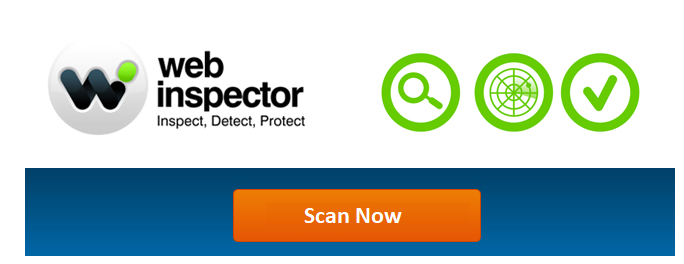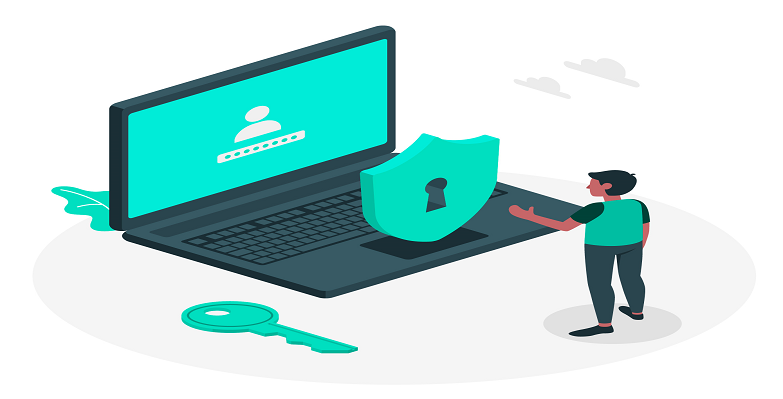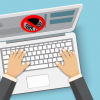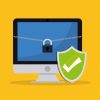Cybersecurity has become a great concern in this era of globalization. With the transition into a digital world, cybercriminals are not resting. They aim to use unscrupulous means available to enrich themselves. This has led to an increase in the number of security breaches happening per day. One of the leading ways these crooks use is injecting viruses and other malware into people’s systems. By doing so, they destroy, steal, and manipulate data as they wish. For years, the internet has been the major medium through which they spread their viruses and other malware. Continue reading the article to know how to check url for virus and get free malware scanner in below link.
Guide to Check URL For Virus
Sometimes, the cybercriminals target unsuspecting users by sending them enticing messages with malicious links. For example, they can ask you to click a link to claim an offer or a gift card. A single click or visit to such a site is enough for a virus to enter your system and destroy your computer. Hackers sometimes also penetrate legitimate websites and lure people into virus traps. Users are advised to check URL for virus before opening to avoid such security blunders. Several techniques can be used to attain this goal. Below are the recommended security checks all URLs should be subjected to before clicking.
How To Check URL For Virus
Examine Short URL
Most of the malware distribution and phishing occurs through anonymous short links. You should use special tools such as webinspector.com to determine the authenticity of a link. webinspector.com, for example, will reveal to you the link’s true destination. This helps you to determine the legitimacy of the account sending the link. You can also use link expander sites. Most of these sites help to detect whether a link leads to a known malicious site. You can also use a browser plugin. Many divulge the true intended destination of a short link. However, it doesn’t necessarily mean that all short URLs are from phishing or malware distributors. It’s only through these special tools that you can establish that.
Verify Links in Unsolicited Emails.
Malicious links in unsolicited emails are a common ploy by cybercriminals. The emails always appear to be originating from legitimate account owners. Sometimes, the message may masquerade as coming from your friends or your bank manager. It may request you to click a link and fill the required information. In case of such an unsolicited message, you should first confirm with the sender. If you think it is a phishing attempt, don’t rely on the same communication channel. You can choose to call or reach out via a different contact. If it turns out that the email is not a verifiable source, you could be under attack. A slight misstep at this stage can lead to massive virus hits. Make sure you check URL for virus before clicking links in emails.
Avoid Links with Strange Encoding.
Some malware spread through character encoding. The encoding allows destination and identity masking of the links hence concealing the true intended destination if you don’t check URL for virus. Most people will not struggle to understand the hard to read codes and thus end up falling victims. To decipher the intended destination of an encoded link, you can use a decoder. The tool helps to unmask the true nature and motives of a link. It reverses the encoding to make it more human-readable, then you can analyze it.
Use Link Scanners
Link scanners exist in the form of websites and plugins. To test a link’s safety, you copy and paste it in the scanner. The scanner performs background checks without you loading the site on your machine. Examples of the available scanners include URL Void, webinspector.com, Norton Safe Web, and Scan URL.
Activate Real-Time Protection in Antivirus
Instead of going for extra software, you can use the freely available real-time protection on your antimalware program. Even though the activation may use some extra system resources, it is worth it. Detecting and preventing a virus entry should be a top priority. When the real-time scanning option is running, any harmful links will be detected.
Keep Updated Security Software
Keeping your security programs updated ensures that they are well versed in definitions of new threats. Outdated software is among the worst security gapping. It can expose your computer to the worst virus attack. Without updating your antimalware programs, they won’t have all virus definitions, making your system vulnerable. To ensure that your system software is always up to date, you can set an automatic update. It will ensure that system security is equipped with all virus definitions and will check URL for virus.
Webinspector.com URL filter
Webinspector.com url filter is an online tool that protects internet users against accessing potentially harmful sites. The filter stores an updated list of recommended sites. In case a user tries to navigate to a non-recommended site, the device will automatically decline the request. It is an important tool that can be used to protect children from accessing explicit internet content. You can access the tool for free at webinspector.com.
Have a Second Malware Scanner
A second malware scanner can be used to provide a second line of defense. This is in case the primary antivirus does not detect an attack. It will keep your system protected, making it hard to penetrate. Examples of these scanners are Comodo cWatch, Hitman Pro, among others.

Related Resources
Website Safety Check
Website Malware Prevention
Best Website Security
Free Website Malware Scanner
Website Backup Website Malware Removal
URL Scanner
Check Website Safety
Vulnerability Scanner
DDoS Attack
Check Website for Security
Domain Blacklist Check
Website Checker
Check Website for Malware
Website Scam Checker







